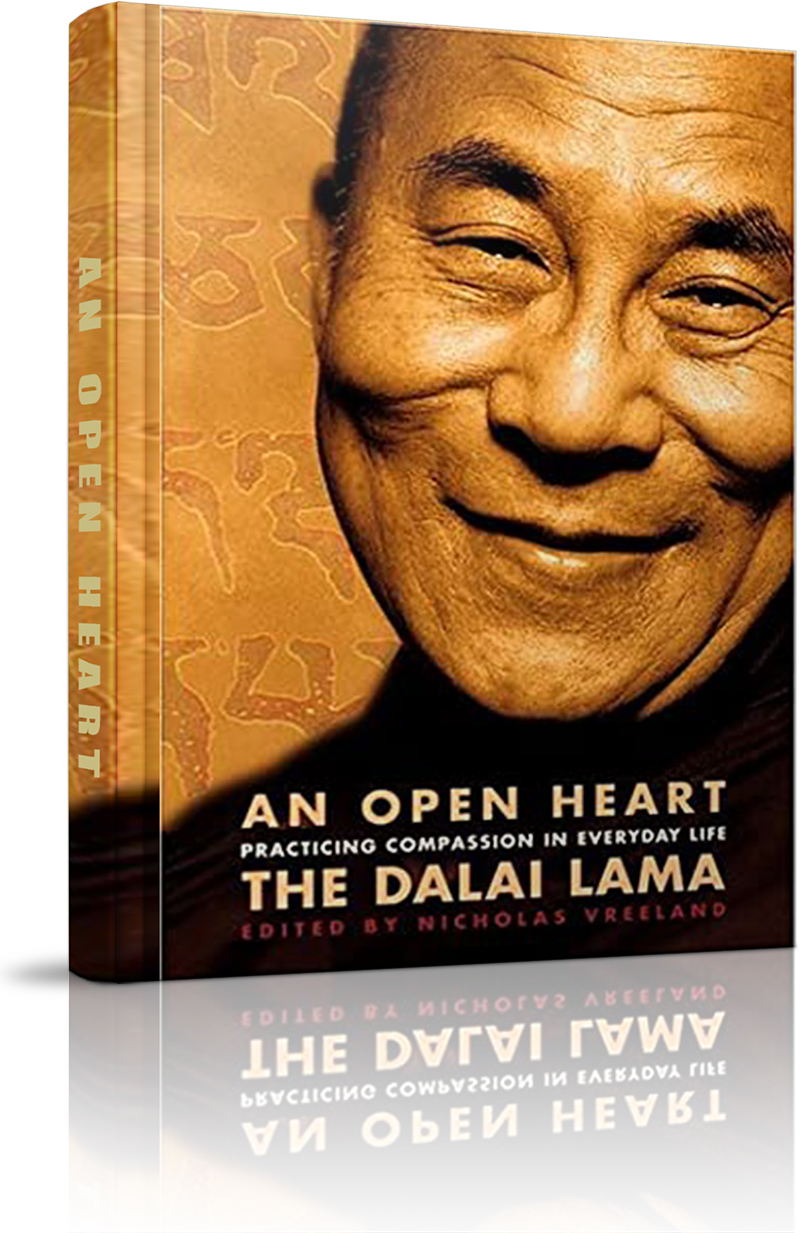Nếu muốn đi nhanh, hãy đi một mình. Nếu muốn đi xa, hãy đi cùng người khác. (If you want to go fast, go alone. If you want to go far, go together.)Ngạn ngữ Châu Phi
Muôn việc thiện chưa đủ, một việc ác đã quá thừa.Tủ sách Rộng Mở Tâm Hồn
Khởi đầu của mọi thành tựu chính là khát vọng. (The starting point of all achievement is desire.)Napoleon Hill
Những chướng ngại không thể làm cho bạn dừng lại. Nếu gặp phải một bức tường, đừng quay lại và bỏ cuộc, hãy tìm cách trèo lên, vượt qua hoặc đi vòng qua nó. (Obstacles don’t have to stop you. If you run into a wall, don’t turn around and give up. Figure out how to climb it, go through it, or work around it. )Michael Jordon
Ðêm dài cho kẻ thức, đường dài cho kẻ mệt, luân hồi dài, kẻ ngu, không biết chơn diệu pháp.Kinh Pháp cú (Kệ số 60)
Không thể dùng vũ lực để duy trì hòa bình, chỉ có thể đạt đến hòa bình bằng vào sự hiểu biết. (Peace cannot be kept by force; it can only be achieved by understanding.)Albert Einstein
Trực giác của tâm thức là món quà tặng thiêng liêng và bộ óc duy lý là tên đầy tớ trung thành. Chúng ta đã tạo ra một xã hội tôn vinh tên đầy tớ và quên đi món quà tặng. (The intuitive mind is a sacred gift and the rational mind is a faithful servant. We have created a society that honor the servant and has forgotten the gift.)Albert Einstein
Đừng chờ đợi những hoàn cảnh thật tốt đẹp để làm điều tốt đẹp; hãy nỗ lực ngay trong những tình huống thông thường. (Do not wait for extraordinary circumstances to do good action; try to use ordinary situations. )Jean Paul
Thêm một chút kiên trì và một chút nỗ lực thì sự thất bại vô vọng cũng có thể trở thành thành công rực rỡ. (A little more persistence, a little more effort, and what seemed hopeless failure may turn to glorious success. )Elbert Hubbard
Người khôn ngoan chỉ nói khi có điều cần nói, kẻ ngu ngốc thì nói ra vì họ buộc phải nói. (Wise men speak because they have something to say; fools because they have to say something. )Plato
Như cái muỗng không thể nếm được vị của thức ăn mà nó tiếp xúc, người ngu cũng không thể hiểu được trí tuệ của người khôn ngoan, dù có được thân cận với bậc thánh.Đức Đạt-lai Lạt-ma XIV
Trang chủ »» Danh mục »» SÁCH ANH NGỮ HOẶC SONG NGỮ ANH-VIỆT »» An Open Heart »» Chapter 6: The vast and the profound: Two aspects of the Path »»
 Xem Mục lục
Xem Mục lục  Vietnamese || Đối chiếu song ngữ
Vietnamese || Đối chiếu song ngữ

DO NXB LIÊN PHẬT HỘI PHÁT HÀNH
Mua sách qua Amazon sẽ được gửi đến tận nhà - trên toàn nước Mỹ, Canada, Âu châu và Úc châu.
Quý vị đang truy cập từ IP 216.73.216.215 và chưa ghi danh hoặc đăng nhập trên máy tính này. Nếu là thành viên, quý vị chỉ cần đăng nhập một lần duy nhất trên thiết bị truy cập, bằng email và mật khẩu đã chọn.
Chúng tôi khuyến khích việc ghi danh thành viên ,để thuận tiện trong việc chia sẻ thông tin, chia sẻ kinh nghiệm sống giữa các thành viên, đồng thời quý vị cũng sẽ nhận được sự hỗ trợ kỹ thuật từ Ban Quản Trị trong quá trình sử dụng website này.
Việc ghi danh là hoàn toàn miễn phí và tự nguyện.
Ghi danh hoặc đăng nhập